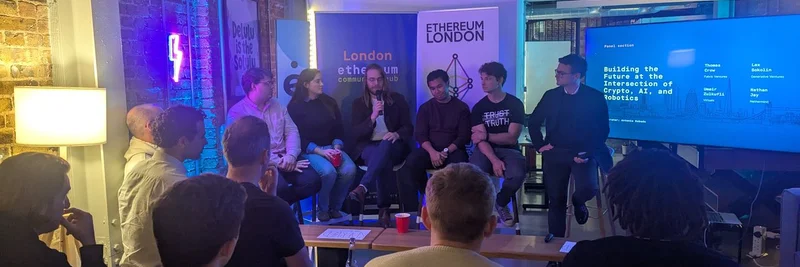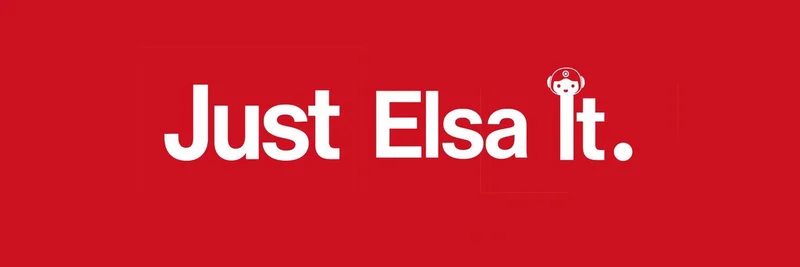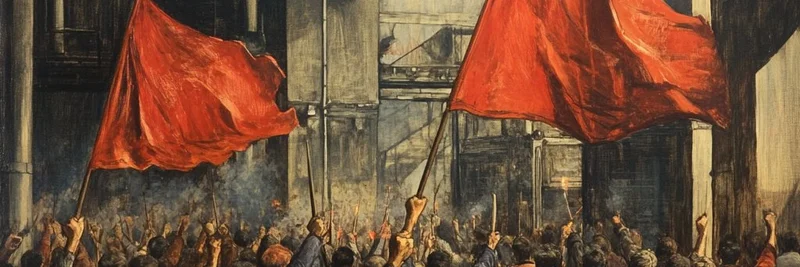Hey there, meme coin enthusiasts and blockchain practitioners! If you’ve been scrolling through X lately, you might have stumbled upon an intriguing thread that’s sparking some serious conversation. It all started with a wild startup idea from turing_hamster, suggesting that employees could anonymously vote to fire someone if over 50% agree. Then, ThePrimeagen took it a step further with a twist that’s got everyone talking: if your vote to fire someone fails to hit that 50% mark and you were the first to suggest it, you get fired instead. Let’s break this down and see what it means for workplace dynamics, tech culture, and even the meme token world!
The Original Idea: Anonymous Power to the People
The concept kicked off with turing_hamster’s post, where employees could anonymously signal if they want a colleague gone. If more than half the team agrees, that person is out the door. It’s a bold take on workplace democracy, aiming to cut through bureaucracy and let the team collectively decide who’s not pulling their weight. But as Roy Batty pointed out in the thread, cultural differences and trust levels could throw a wrench in this system—something to chew on if you’re thinking about implementing this in a global blockchain team.
ThePrimeagen’s Spicy Addition
Enter ThePrimeagen, a well-known figure in the tech community, who added a layer of accountability to the mix. His idea? If you’re the first to cast that anonymous vote and it doesn’t reach 50%, you’re the one who gets the boot. It’s a brilliant (or brutal, depending on your perspective) way to discourage frivolous or spiteful votes. Imagine the stakes: you’d better be darn sure your colleagues agree with you before hitting that “fire” button!
This twist has ignited a flurry of reactions on X. Some, like Thomas Karatzas, see it as prime material for a reality TV show—think Survivor meets the office! Others, like thoughtlesslabs, are curious about the timing: how long do you have to wait before this rule kicks in? And HHSP even threw in a playful jab, suggesting they’d vote ThePrimeagen off his Twitch stream!
Why This Matters in Tech and Blockchain
This debate isn’t just idle chatter—it touches on real issues in tech workplaces, including those in the fast-paced world of meme tokens and blockchain. Anonymous voting could empower teams to address toxic behavior without fear of retaliation, a common concern in decentralized projects where accountability can be murky. But ThePrimeagen’s addition introduces a meritocratic twist: it rewards those who build consensus and punishes lone wolves or bad actors. For blockchain practitioners building meme-insider.com, this could inspire new governance models for DAOs (Decentralized Autonomous Organizations), where community votes shape the project’s direction.
The Pros and Cons
Let’s weigh the idea. On the plus side, it could foster a more transparent culture where everyone’s input matters, aligning with the ethos of open-source blockchain projects. ThePrimeagen’s rule might also reduce petty office politics, as zdravkodanailov hinted with the “Mean Girls” comparison. But the downsides? It risks turning workplaces into battlegrounds, with employees spending more time politicking than coding, as Vernon jokingly suggested. Plus, what happens if someone misjudges the room and gets axed for a honest mistake?
Connecting to Meme Culture
If you’re into meme tokens, you might see parallels here with the chaotic, community-driven nature of projects like Dogecoin or Shiba Inu. The anonymous voting idea mirrors how token holders vote on proposals, while ThePrimeagen’s twist feels like a meme-worthy plot twist—imagine a “first to vote, first to get rekt” token burn event! It’s a reminder that innovation often comes from wild ideas, much like the memes that fuel this space.
What’s Next?
As of 06:58 AM JST on July 13, 2025, this thread is still buzzing, with no clear consensus. Will this idea evolve into a real startup pitch, or is it just a fun thought experiment? For now, it’s a goldmine for discussion on meme-insider.com, where we love exploring how tech trends intersect with community governance. What do you think—would you vote for this system, or is it too risky? Drop your thoughts in the comments, and let’s keep the conversation going!




